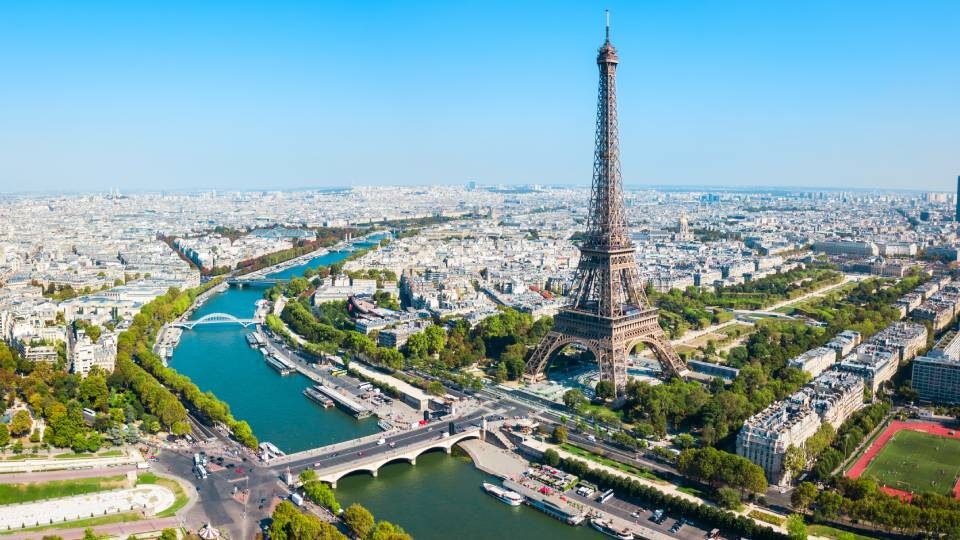Competitors (and all those attending The Games) may be exposed to extremes of heat, humidity, air and water pollution at some point during the Olympic and Paralympic Games in France’s capital city.
Those more likely to witness unfavourable conditions include athletes who compete outdoors and/or in endurance sports. This includes disciplines such as triathlon, marathon, and open water swimming.
The paper was produced by colleagues from the University’s School of Sport, Exercise and Health Sciences alongside a variety of world-leading external collaborators.
It states athletes – alongside stakeholders and spectators – should take some personal responsibility through adoption of a variety of mitigation strategies (e.g., cooling, acclimatisation, avoiding air pollution peaks, etc.) alongside organiser-delivered/facilitated infrastructure and policy to support such adoption.
This collaborative approach is recommended as the best way to protect the health and performance of all those attending the games from the potential negative effects of environmental extremes.
Lead researcher Dr Lee Taylor explained: “With less than a month to the Paris 2024 Games, it was fantastic to work with colleagues from the School and world-leading experts (many of whom are centrally involved in the Games) from across the globe to provide guidance relevant to athletes, spectators and other stakeholders on how they can protect their health and performance from the potentially extreme environmental conditions at Paris 2024.
“Hopefully, the evidence-informed guidance will be of use to some of our Loughborough University-linked athletes competing at Paris 2024.”
Loïs Mougin, Doctoral Researcher, added: “The complexity of hosting the Olympics in Paris lies in the multitude of potential environmental challenges, with conditions remaining uncertain even just weeks before the event.
“To ensure safety and preparedness, we urge athletes, spectators, and organisers to heed our recommendations and be ready for the worst-case scenario. My PhD is funded through the Sports for Climate Action and Nature (SCAN) research cluster and alongside being a French National, it has been great to make a potentially positive contribution to the Paris games whilst also surfacing the complex, bi-directional relationship between sport and climate action in a collaborative and cross-disciplinary manner.”
To read the full study, visit the British Journal of Sports Medicine website.
Collaborators on the project included: Dr Ben Stephenson (Loughborough University / UK Sports Institute), Dr Valerie Bougault (Université Côte d’Azur, France), Professor Sebastien Racinais (CREPS Montpellier Font-Romeu, France), Professor Margo Mountjoy (McMaster University, Canada), Dr Sarah Carter (Charles Darwin University, Australia), Dr Lewis James (Loughborough University), Dr Stephen Mears (Loughborough University).
